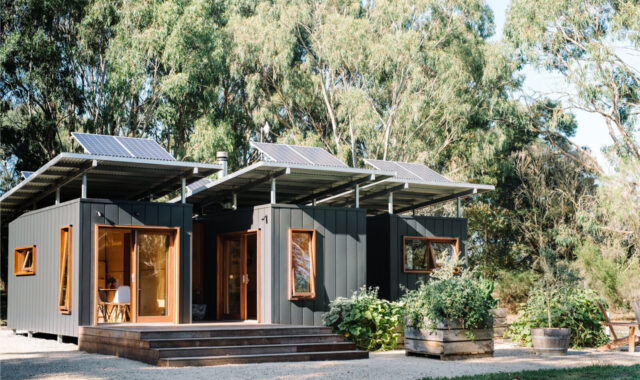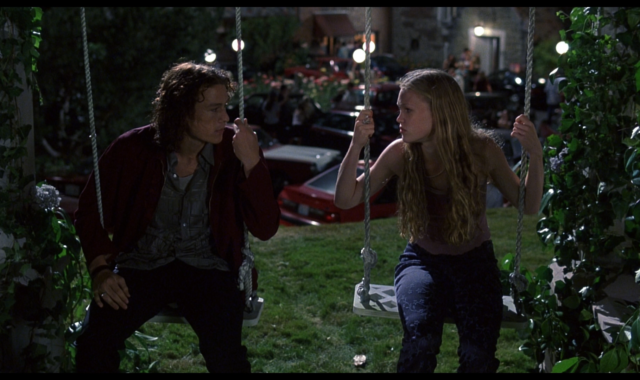Living off the grid is no longer a far-fetched fantasy – it’s an achievable reality that more and more people are choosing to pursue. From reducing energy costs and controlling your own energy supply, to having access to pure air and water sources, living off the grid can offer many amazing benefits.
However, it also comes with its own unique challenges – don’t worry though! If you’re considering taking the plunge into sustainable living by creating your own off-grid oasis at home, then we have some simple solutions for you right here.
Solar power
Solar power has become an increasingly popular for homeowners worldwide in recent years. Not only does it allow homeowners to harness renewable energy, but it can also save money on electricity bills in the long term. By installing solar panels on your home in Salt Lake City, you could power your home’s electrical needs with the energy from the sun.
This sustainable option not only benefits the environment but can also enhance the value of your property. It’s important to note that the installation process may require an up-front investment, but it pays off in savings on energy costs and in the reduction of your carbon footprint. With so many benefits, it’s no wonder that more and more homeowners are choosing solar power.
Rainwater harvesting
Rainwater harvesting is an increasingly popular practice for individuals looking to live more sustainably. By collecting rainwater in barrels or tanks, you can use the water for various non-potable needs, such as watering plants or flushing toilets. Not only does this help conserve water resources, but it can also save you money on your water bill.
Additionally, using rainwater for irrigation can lead to healthier and more vibrant plants, as the natural nutrients in rainwater benefit their growth. Overall, rainwater harvesting is a simple yet effective way to make a positive impact on the environment and reduce water usage.
Composting toilets
Composting toilets are an environmentally-friendly option for those looking to reduce their water usage and promote nutrient recycling. Rather than flushing waste away with water, these toilets break down waste into organic matter that can be used to fertilize plants and gardens. This process not only saves water, but also helps to reduce the amount of waste that ends up in landfills. Composting toilets are a great option for those looking to live sustainably and reduce their environmental impact.
Energy-efficient appliances
Another way we can contribute positively is by choosing energy-efficient appliances and electronics. This option helps us reduce power usage significantly, especially in our homes where most of our time is spent. It is commendable to note that energy-efficient appliances maximize sustainability by cutting down on the amount of energy required to run them effectively.
Besides, the use of such appliances can translate to cost savings on energy bills, making them a wise investment in the long run. Ultimately, switching to energy-efficient appliances is a small step in the right direction towards creating an eco-friendly world.
Passive design techniques
As we strive to become more conscious of our impact on the environment, incorporating passive design techniques into our homes can be an effective way to help reduce our carbon footprint. Proper insulation can help keep our homes cool in the summer and warm in the winter, reducing the need for excessive heating and cooling.
Natural ventilation can help circulate fresh air throughout our homes without relying on energy-consuming cooling systems. Orientation is also an important factor to consider, as designing our homes to maximize natural sunlight can help reduce our reliance on artificial lighting. By implementing these simple yet effective passive design principles, we can all contribute to a more sustainable future.
Sustainable water systems
Water is a precious resource, yet it is often taken for granted. Sustainable living calls for responsible water consumption, and one way to achieve this is by implementing water-saving fixtures in our homes. Low-flow faucets, showerheads, and dual-flush toilets are all excellent options that can significantly reduce water consumption.
Not only do these fixtures help conserve water, they can also lower water bills and decrease water wastage, making them a smart investment. Implementation of these fixtures can lead to sustainable living habits, ensuring that our planet’s water supply remains healthy and stable for years to come.
Off-grid heating and cooling
As we strive toward a more sustainable way of living, it’s important to consider the impact of our heating and cooling systems. Traditional HVAC systems consume a significant amount of energy and contribute to greenhouse gas emissions. Fortunately, there are alternative methods for heating and cooling that can help reduce our reliance on these systems.
Geothermal systems use the natural energy of the earth to provide heat and air conditioning, while radiant floor heating distributes warmth throughout the entire house. Passive solar design utilizes the sun’s energy to naturally warm and cool a home. By utilizing these alternative methods, we can not only reduce our carbon footprint, but also save money on energy bills.








